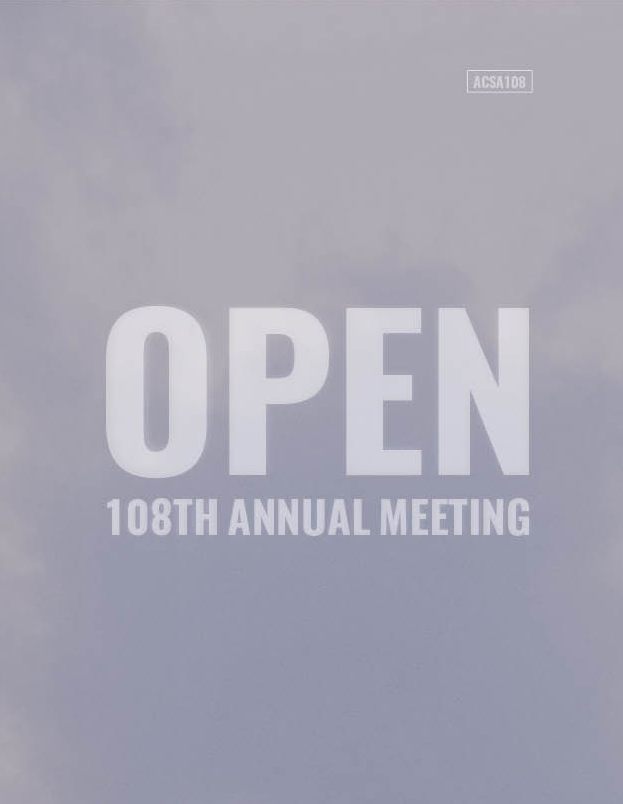Author(s): Mark R.O. Olweny
Learning how to learn is an essential part of architectural education, but relies on the confluence of a number of elements: effective teaching, knowledge construction, and active engagement with new knowledge in the design studio. It is here that collaboration between learners and educators is fostered, through socialization processes embedded in this discursive environment. Challenges in ensuring constructive engagement are twofold: for students, coming into architectural education means having to adopt new learning approaches, and adapt to teaching methods and styles they were previously unaware of; while also having to engage with instructors, whose approach to teaching are at times ritualized, making use of methods and techniques largely derived from prior experiences as students. This can create an environment that runs counter to the discursive learning environment that we believe the studio to be, and hindering effective learning. How then can architectural education helpstudents develop valuable learning skills, as a core element architectural education? This paper takes the position that listen to students and appreciating their needs is fundamental in aiding their transition into and through architectural education. Listening without prejudice, not being judgemental, and opening ourselves as instructors to further learning forms a key element in helping student learn. Appreciating that any discursive engagement is two-way, therefore allowing the voice of students to emerge is crucial in building not only their confidence, but generating dialogue as a core element of collaboration and sharing. The paper discusses activities undertaken in a school of architecture in East Africa, formulated to allow for discourse in a context where such engagements are not traditionally part of education; a challenge for architectural education whose signature pedagogical approach is premised on the ability to have open discussions. These activities were geared to improve interactions within the design studio, not only between students and instructors, but amongst students, helping dispelling some of the myths embedded in architectural education, and uncloaking the black box of architectural education for instructors and students alike, and improving the quality of teaching and learning in the process.
https://doi.org/10.35483/ACSA.AM.108.113
Volume Editors
ISBN
978-1-944214-26-5

 Study Architecture
Study Architecture  ProPEL
ProPEL 
